Understanding problem solving phrasal verbs is more than just a language skill; it’s a valuable asset in navigating life’s challenges. According to a recent study conducted by educational experts, individuals who are adept at using problem-solving phrases exhibit a 30% increase in collaborative success. This statistic highlights the importance of effective communication in achieving common goals, whether in group projects at school or collaborative efforts in the workplace.
Furthermore, research shows that students who actively incorporate problem-solving phrasal verbs into their communication demonstrate a 25% improvement in critical thinking skills. These skills are essential for tackling complex problems, as demonstrated by a 2021 analysis of academic performance and problem-solving abilities in various age groups. The ability to articulate and implement solutions becomes a crucial factor in both academic success and future professional endeavors.
In addition, a survey of successful professionals across different industries indicates that 80% attribute their problem-solving prowess, in part, to their effective use of language, including phrasal verbs. This underscores the practical impact of mastering these linguistic tools in real-world scenarios. Learning problem-solving phrasal verbs is not just about linguistic proficiency; it’s a strategic investment in one’s ability to collaborate, think critically, and excel in various aspects of life.
Imagine you break up with your girlfriend or you start a new business and you fail or you want to learn a new language but you can’t. What do you do when you have a problem?
We deal with problems every day, and it goes without saying that solutions are the way to deal with problems. Therefore, learning problem solving phrases can be very useful for your English speaking skill, too.
Phrasal verbs are an inseparable and challenging part of English vocabulary. The best way of learning English phrasal verbs is to learn them in a topic-based approach. In this article, we are going to talk about problem solving phrases, and learn some problem solution phrasal verbs that you can use to talk about this topic.
What is a phrasal verb?
Well, a phrasal verb is a verb plus a preposition.
Let’s look at an example:
- The price of gas went up.
In this example, “go up” is the phrasal verb because it has a part which is the main verb (go) and a part which is a preposition (up).
Now, in this lesson, we are going to learn the most common problem solving phrasal verbs and phrases that you can use to talk about problems and solutions.
Read more: How to improve English vocabulary ?
To work out
To talk something over: Of problem solving phrasal verbs
“to talk something over” means to talk about a problem with another person in order to know their opinion or ask for advice about that problem. For example:
- “ If I have a problem at work, I would tell my boss that I’d like to talk it over with my wife first. ”
This means first I want to discuss this problem with my wife to know her opinion and ask for her advice, and then I will let you know. Look at this other example.
- “Employees had two weeks to talk the proposal over with their families before making a decision.”
This means before making their final decision, they had two weeks to go home, talk to their families about the proposal they were offered at work and then, make their final decision.
To sort something out
This item is also of problem solving phrasal verbs. When you say “sort something out” you mean to successfully solve a problem. For example:
- “my laptop has a problem and I have to sort it out.”
It means, I have to try to solve my laptop’s problem. Or look at this example:
- “We had a productive meeting, I felt we sorted out a lot of problems.”
It means, the meeting was so good that during the meeting we sorted out (we solved) the problems and we found good solutions.
To deal with something or somebody
We use “to deal with something or to deal with somebody “ when we have a problem with somebody or something and we want to solve a problem.
Imagine you are in a very difficult situation, but you have to deal with it. It means, the situation is really difficult, but you have to try hard and solve the problem. You can also use it to talk about people with whom you have an issue. For Example:
- “Don’t worry about Jake. I will deal with him myself.”
It means, maybe Jake is going to get angry over what you are going to tell him. But don’t worry, I will deal with him.
Read more: Learn about the most common argument phrasal verbs in English
To iron out
Imagine you have a wrinkled shirt, and you want to make it smooth and nice. When we say “iron out,” it’s like saying, “Let’s fix the wrinkles and make things nice and straight.”
In everyday life, “iron out” is a phrase we use when we want to fix or make something better. It’s like smoothing out problems or difficulties, just like you would smooth out the wrinkles in a shirt with an iron.
For example, if there are disagreements or issues in a plan, you might say, “Let’s talk and iron out the details,” meaning let’s fix any problems or make things clearer.
So, “iron out” is like saying, “Let’s make things smoother and better by working together and fixing any bumps in the road.” It’s a bit like being a problem-solving superhero, making everything nice and tidy!
To face up to something
“To face up to something” is a very common and useful phrasal verb. Attention, this phrasal verb has two prepositions:
- Up
- To
When you say “to face up to a problem” or a problematic situation, you mean to accept that there is a problem. You know, most of the time when there is a problem with us or in our lives, we tend to ignore it to say that there is not a big problem.
We try to ignore and avoid problems. But sometimes at some point, we have to face up to the problem, which means we have to accept that there is something wrong. For example:
- “She has to face up to the fact that her husband is guilty.”
Now, imagine a wife whose husband is guilty, and she doesn’t want to accept the fact that he’s guilty.
At some point, the police might say “listen ma’am, you have to face up to the fact that your husband is guilty”. It means, you have to accept it. Or let’s take a look at another example:
- “They will never offer you another job. You might as well face up to it.”
It means, you have to accept the fact that they are not going to offer you a new job.
To come up with something: Of problem solving phrasal verbs
“To come up with something “ is another handy phrasal verb to talk about problems and solutions. Now listen up, this phrasal verb has two prepositions:
- Up
- With
To come up with an idea or to come up with a solution means to think of an idea or to think of a solution. For example:
- “We have been asked to come up with some new ideas.”
It means they have asked us to think of something new and to propose the new ideas to them. Or let’s take a look at another example:
- “Is that the best you can do? You have to come up with a better solution.”
It means, I’m sure you can do something better. Now, your solution is terrible! You have to come up with a new solution.
To hammer out
To narrow something down
Sometimes, when you are trying to deal with a problem, you might take a piece of paper, grab a pen and start writing down the solutions that come to mind.
There may be hundreds of solutions on your list and you don’t know which one is better than the other one. Confusing. Right?
You cannot solve the problem unless you start narrowing down the solutions.
But what does it mean when you say “to narrow something down”?
It means to try to make the list of things smaller and smaller by crossing out the unnecessary or the worst options on the list. You start narrowing the list down to a few very good solutions.
- Imagine your boss has asked you to come up with a couple of possible solutions to a problem. You make a list of 20 solutions, you go to your boss’s office and say: “I have a list of 20 possible solutions.” Your boss says: “20? That’s a lot. You have to narrow the list down to less than five.”
It means you have to cross out 15 possible solutions and give me five very good ones. Or let’s take a look at another example:
- “That is quite a long list, you have to narrow it down.”
So far, we’ve learned six English phrasal verbs that you can use to talk about problems or solutions.
Read more: make a decision phrasal verb
How to use problem solving phrases and phrasal verbs?
“Yesterday my boss asked me to move to a new department which was in another city. Well, as a married man, I had to talk it over with my wife to see if we could sort it out
somehow. When I told my wife about it, she said that “You have to deal with it yourself! I don’t want to move to a new city. I have a job here. I have friends and I have a family. I can’t leave them all behind.“
So, I came up with a long list of possible things we could do, and started crossing out the bad ones. In the end, I narrowed it down to two options; either to quit my job or leave without my wife! I had two terrible options.
Fortunately, my wife realized that I was also her family, and she faced up to this issue and agreed to come with me!”
In this story, I have used all six problem and solution phrasal verbs.
Let’s learn about more problem solving phrases.
To move on: Of problem solving phrases
Let’s imagine that you’re friend is going through a breakup with his girlfriend. What would you suggest him to do? You can advise him to move on! “To move on” means to go ahead and leave the past behind you and focus on the future. For example:
- Hey, what’s the matter?
- I saw Jessica with another guy!
- Well, you broke up with her, didn’t you?
- Yeah, I did, but…..
- There’s no but! You need to move on!
To nail down
Imagine you have a bunch of colorful balloons, and you want to tie them down to a weight so they don’t fly away. When we say “nail down,” it’s like saying, “Let’s make sure something is secure and won’t move.”
In everyday life, “nail down” is a phrase we use when we want to make something definite or certain, just like tying balloons so they won’t float away. It’s like saying, “Let’s figure out exactly what we mean or what needs to be done.”
For example, if you and your friends are planning a party and you’re deciding on the date, you might say, “Let’s nail down the date,” meaning let’s decide on a specific date so everyone knows when the party will be.
So, “nail down” is like saying, “Let’s make it clear and certain, like nailing something in place so it doesn’t move around.” It’s a bit like being a planner, making sure everything is set and secure!
To get over something: Of problem solving phrases
Another thing you can ask him to do is to get over it! “To get over something” means to forget about something, to accept it and leave it in the past. For instance:
- I can’t believe I saw Jessica with another guy!
- Come on! Get over it, she’s not your girlfriend anymore!
Talking about problems in English: To let it go
Another thing you can ask your friend to do is to let it go! “To let go of something” means to leave something go, to forget about it and make a new start.
- You know what? It was Jessica’s fault that we broke up!
- Oh, for crying out loud, would you let it go?!
To patch up
To leave it all behind: Of problem solving phrases
Another thing you can ask your friend who is dealing with a problem to do is to leave it all behind. It means to start from scratch, to go back to square one, and to create a whole fresh start.
I still can’t believe it! I mean what does Jessica see in that guy anyway?
- Oh, God! You have to leave it all behind and focus on your future!
Talking about problems in English: To make a new start
The last thing you can ask your friend to do is to make a new start. “To make a new” start means to start from scratch, to go back to square one, and to create a whole fresh start.
- I don’t know what to do after Jessica!
- You need to forget about her and make a new start!
Watch this video about problem solving phrases in English
Summery of the lesson: Problem solving phrases and phrasal verbs
✅ work out → To successfully resolve or find a solution to a problem or challenge
✅ talk it over → To talk about a problem with another person to know their opinions
✅sort it out → To successfully solve a problem
✅ deal with it → To try to solve a problem
✅ iron out→ To resolve or smooth out difficulties or disagreements in order to achieve a more harmonious or clear outcome.
✅ come up with → To accept that there is a problem
✅hammer out with → To discuss and negotiate in order to reach a final agreement or solution
✅ narrow the list down → To think of an idea / a solution
✅ face up to →To make the list of things smaller and smaller by crossing out the unnecessary options
✅ To move on → To go ahead and leave the past behind you and focus on the future
✅ To nail down → To finalize or specify something with precision, making sure all the details are clear and agreed upon
✅ To get over something → To forget about something, to accept it and leave it in the past.
✅ To let it go → To leave something go, to forget about it and make a new start.
✅ To patch up → To mend or repair a relationship or situation after a disagreement or problem.
✅ To leave it all behind → To start from scratch, to go back to square one, and to create a whole fresh start.
✅ To make a new start → To start from scratch, to go back to square one, and to create a whole fresh start.
Don’t forget to practice all the six problem and solution phrasal verbs! See you in the next lesson!
If you want to learn about more phrasal verbs in English and generally improve your English level, join my online English course .Take this course and level up your speaking, writing, and reading skills.
Looking to improve your IELTS scores? The POC English online IELTS course can help you prepare for the exam with convenience and flexibility. Take this course and get a great score with the help of teacher Maddy.

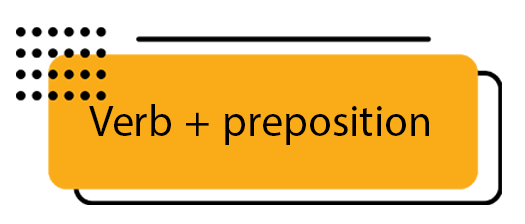
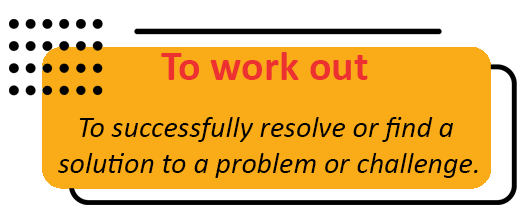
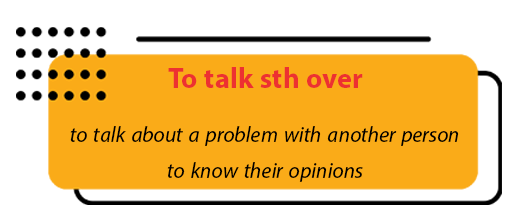
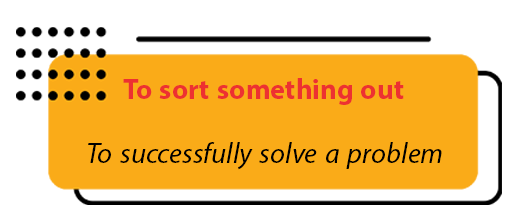
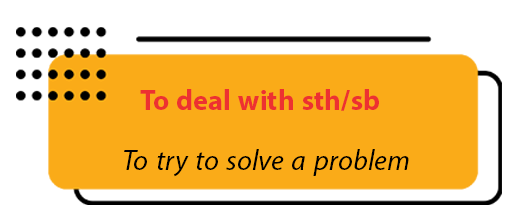
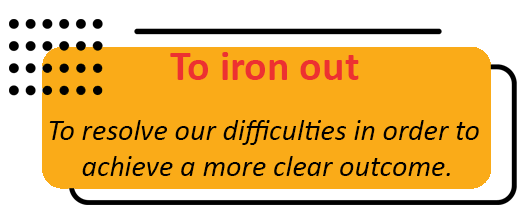
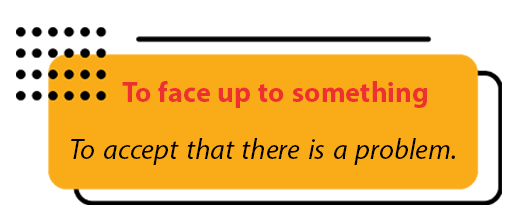
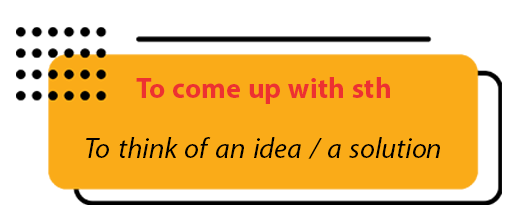
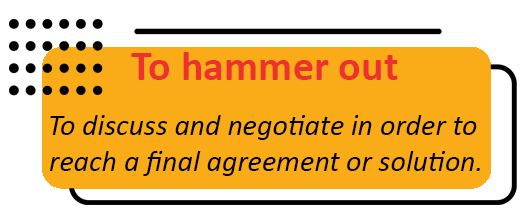
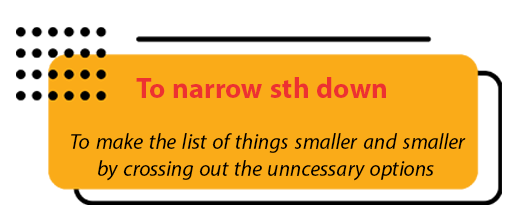
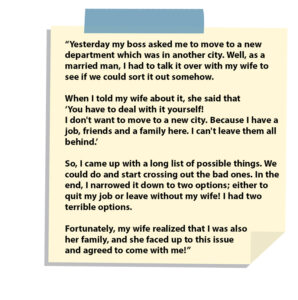
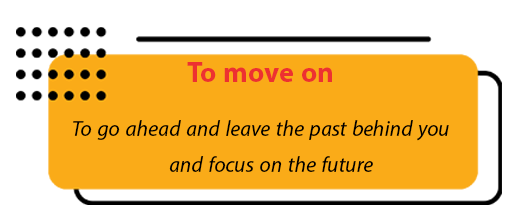
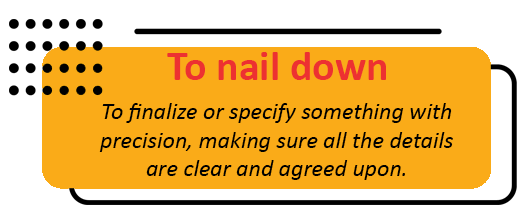
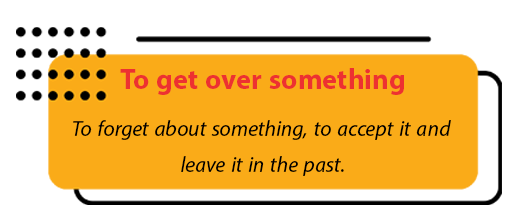
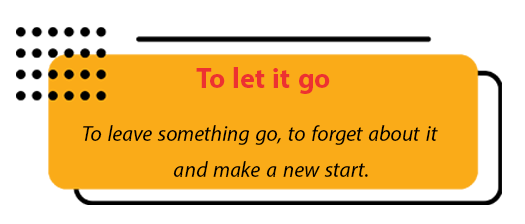
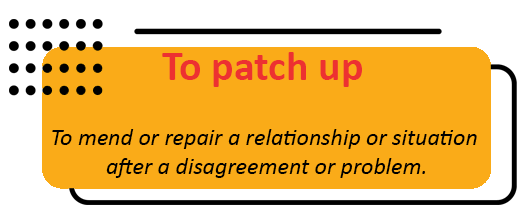
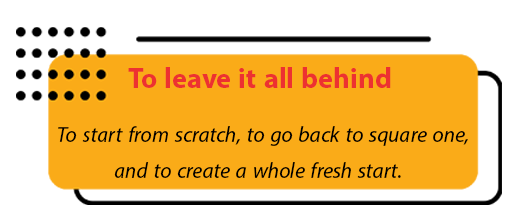
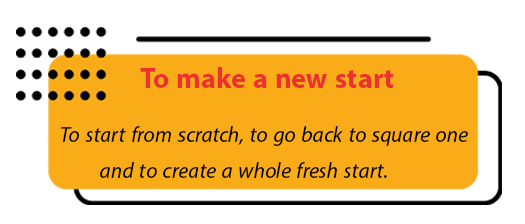
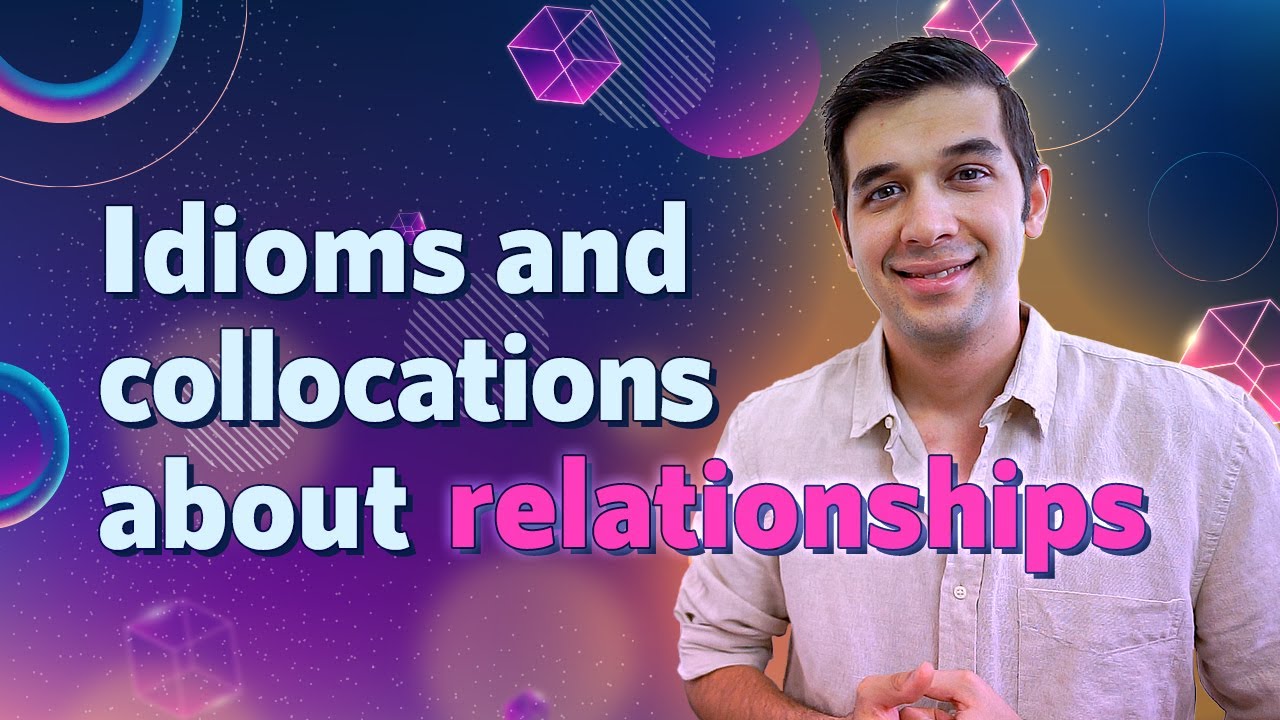
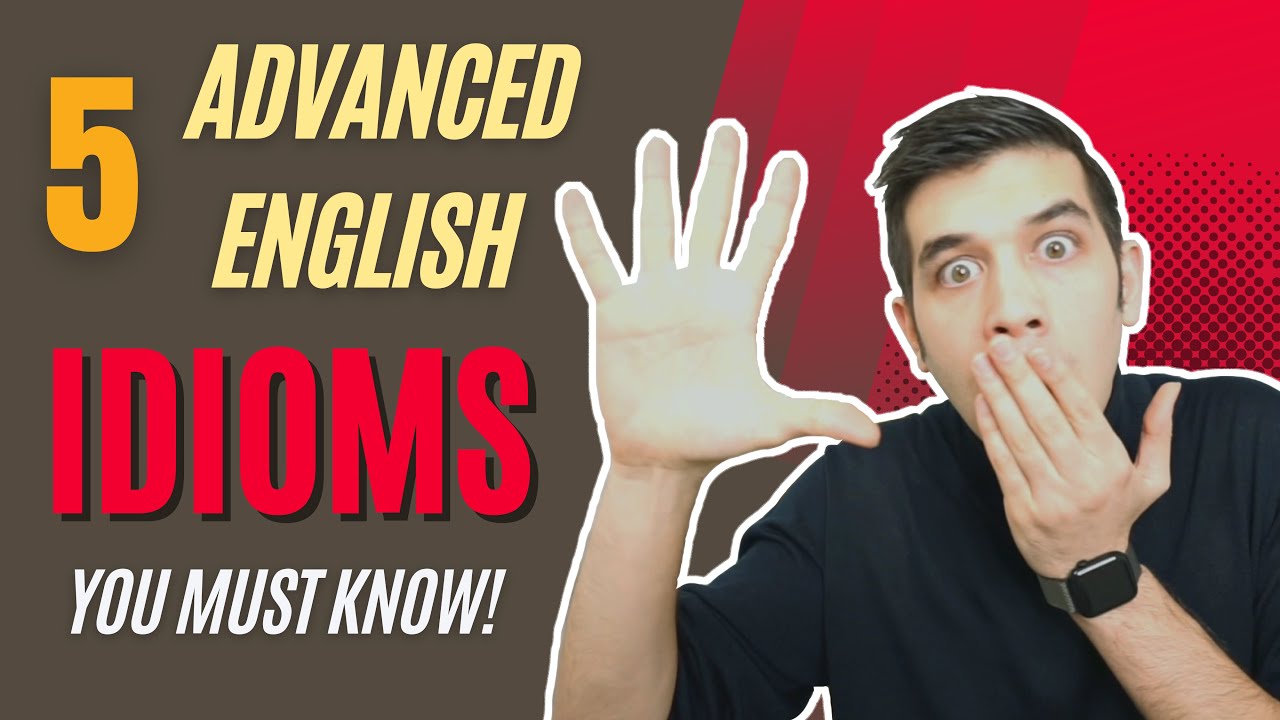



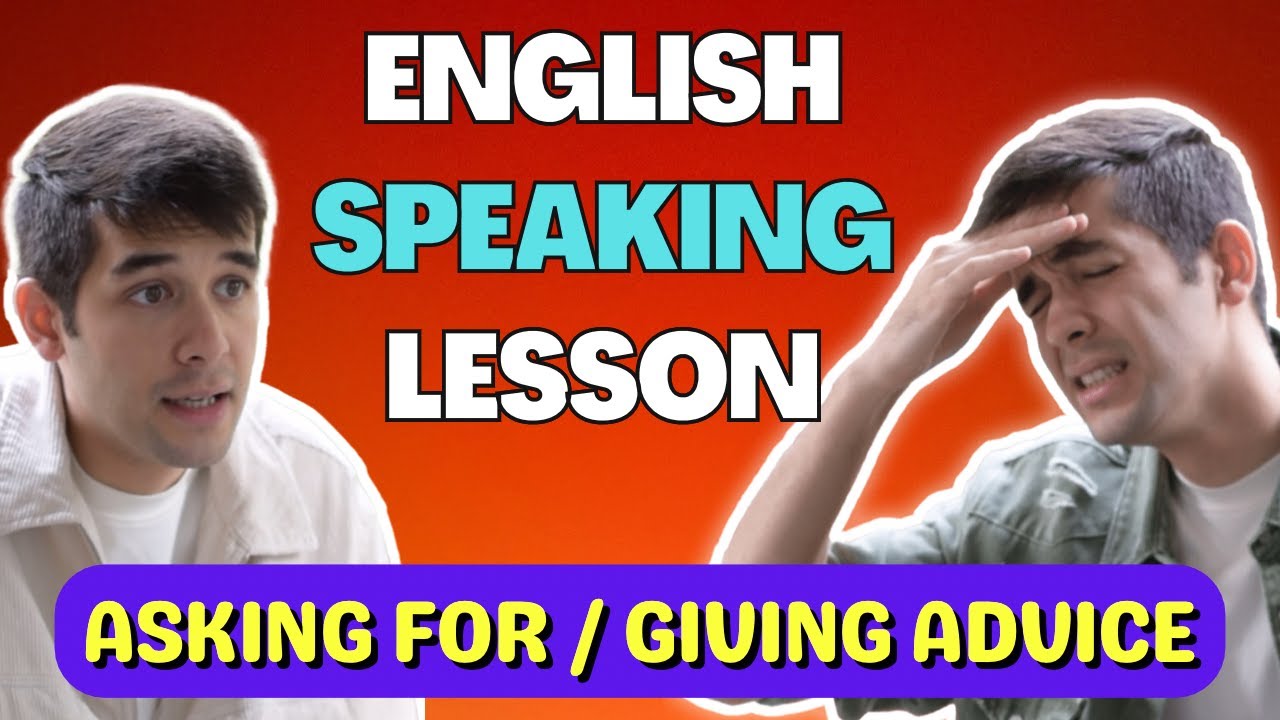


Hello
Very useful for me you send me voice same with this email and send for me nesseriy vocabulary for Ielts
Thanks a lot
I like the lesson which I have received and I enjoy it, it useful to me thanks.
Splendid explanationu
wow Teacher you are a very kind and excellent
Hello friends, how is all, and what you would like to say about this
post, in my view its in fact remarkable in support of me.